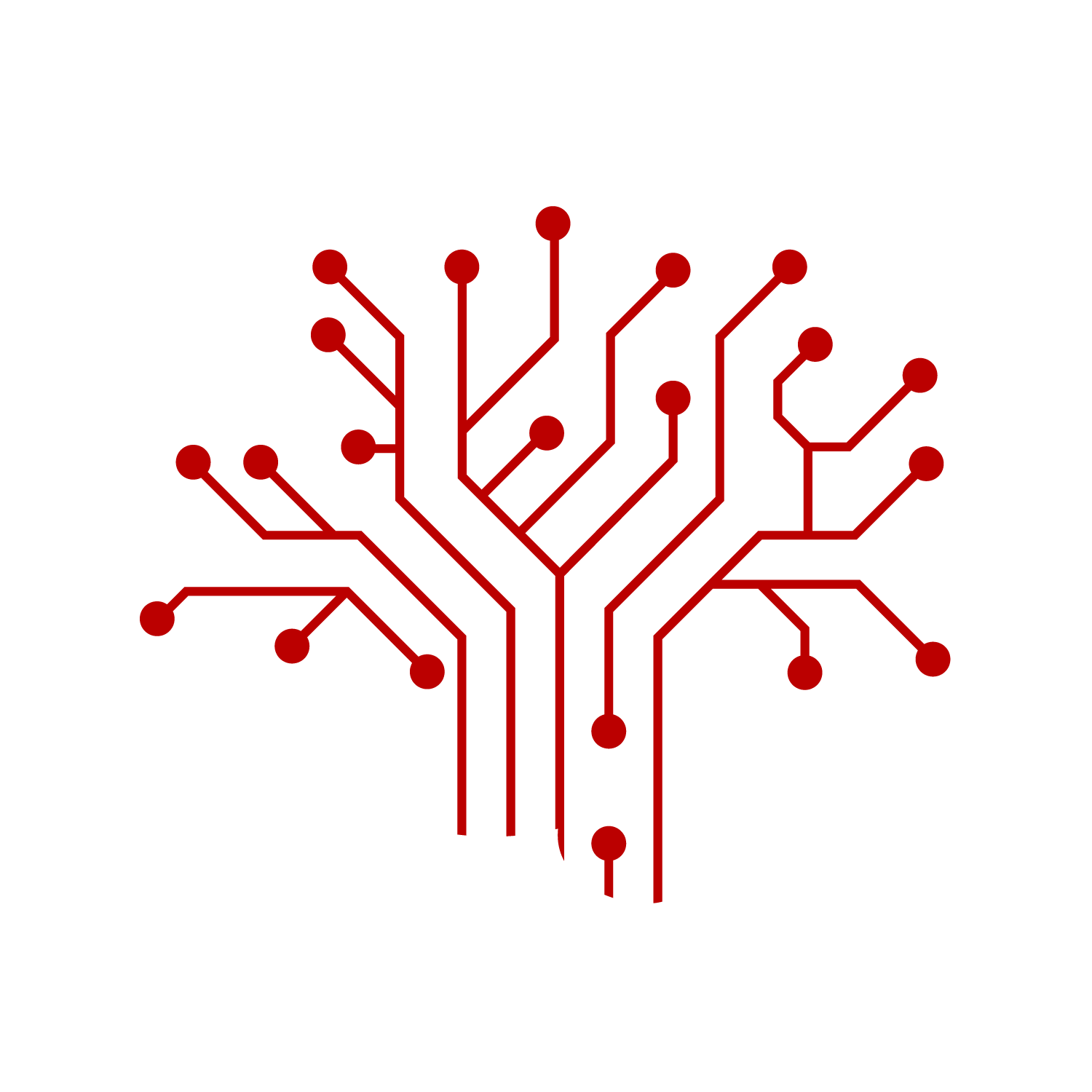Neuroscience Institute Honors Four Graduates
Neuroscience Institute Honors Four Graduates
By Caroline Sheedy
The Neuroscience Institute will celebrate four students who are receiving their doctorate of philosophy from the Program in Neural Computation. Spencer Koerner, Josue Orellana, Danielle Rager, and Qiong Zhang will be honored in a virtual ceremony.
Koerner is receiving his degree in Neural Computation and Statistics. Advised by Robert Kass, he defended his thesis, “Statistical Methods for Studying Correlated Neural Data” last year. He is currently a postdoctoral researcher in the department of Statistics & Data Science at Carnegie Mellon.
Another of Kass’ advisees, Orellana earned his Ph.D. in Neural Computation and Machine Learning. His work applies statistics and machine learning methodology to neuroscience problems. He is currently Special Faculty, Postdoctoral Researcher in the Department of Statistics & Data Science and plans to continue his research career in statistics and machine learning, computational neuroscience, and cognitive science of learning. Orellana said he has felt at home at CMU since day one.
“I won a hoodie at the Center for the Neural Basis of Cognition welcome party on my very first day of graduate school. That lucky feeling stayed with me. Being part of this amazing community was truly a prize,” he said.
Rager earned her degree in Neural Computation. Advised by Brent Doiron and Valerie Ventura, she defended her thesis, “The Structure and Dimension of Variability Across Multi-Area Cortical Circuits” in a virtual defense in April.
Danielle's thesis research as a Department of Energy Computational Science Graduate Fellow used spiking network models to explore the dynamical consequences of variability propagation through multi-area cortical circuits. Her proudest moment of graduate school was presenting a talk at COSYNE 2020. She will continue research with Brent Doiron as a post doc throughout the summer and then seek job opportunities that use her knowledge of high performance scientific computing and the brain.
Zhang, advised by Kass and John R. Anderson, earned her degree in Neural Computation and Machine Learning. She is currently a postdoctoral researcher at Princeton University and will join the psychology department at Rutgers University, New Brunswick as an assistant professor in fall 2021. In her work, she builds computational models of human memory with the goal to one day diagnose cognitive impairment and provide external assistance.

